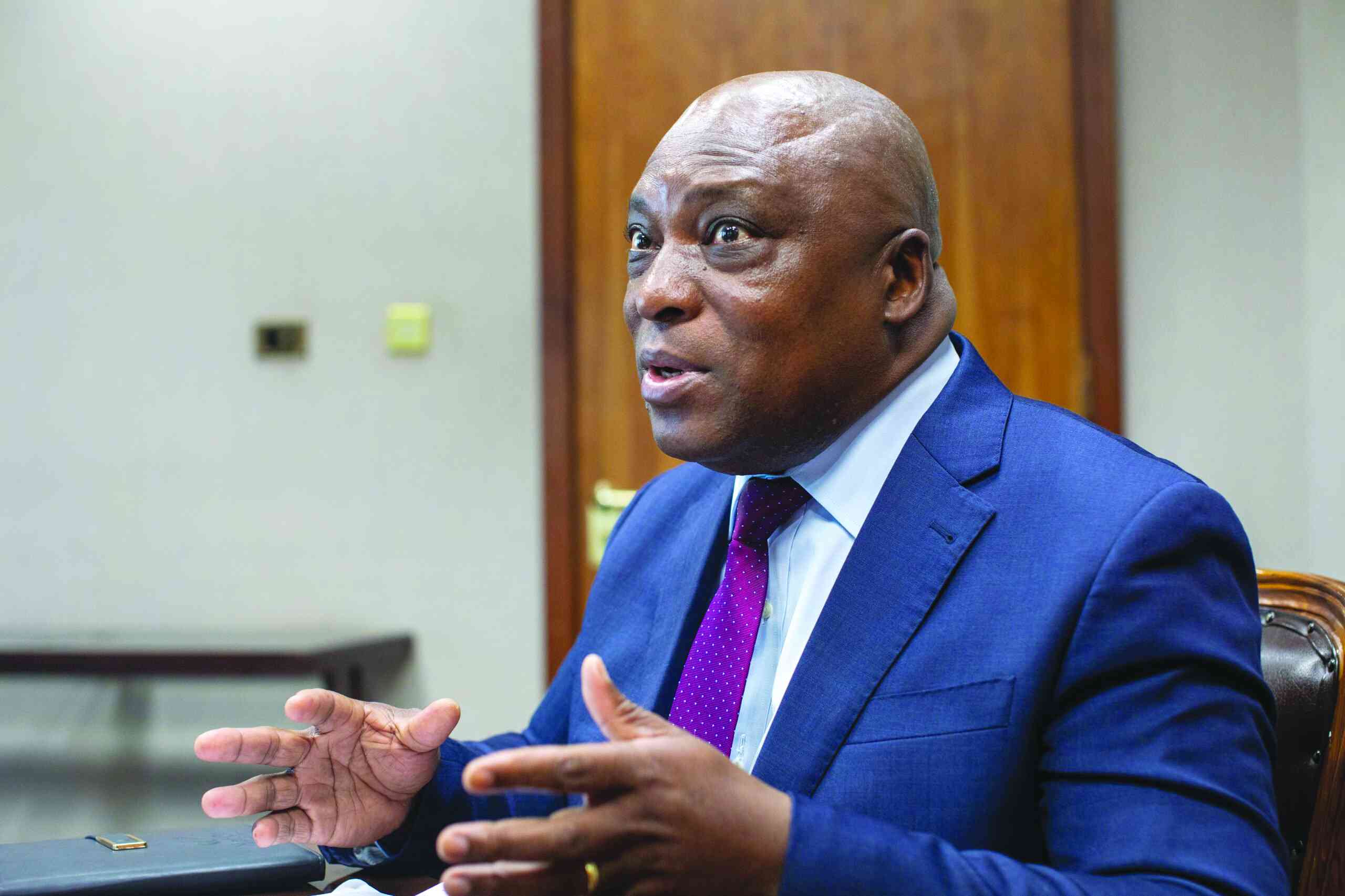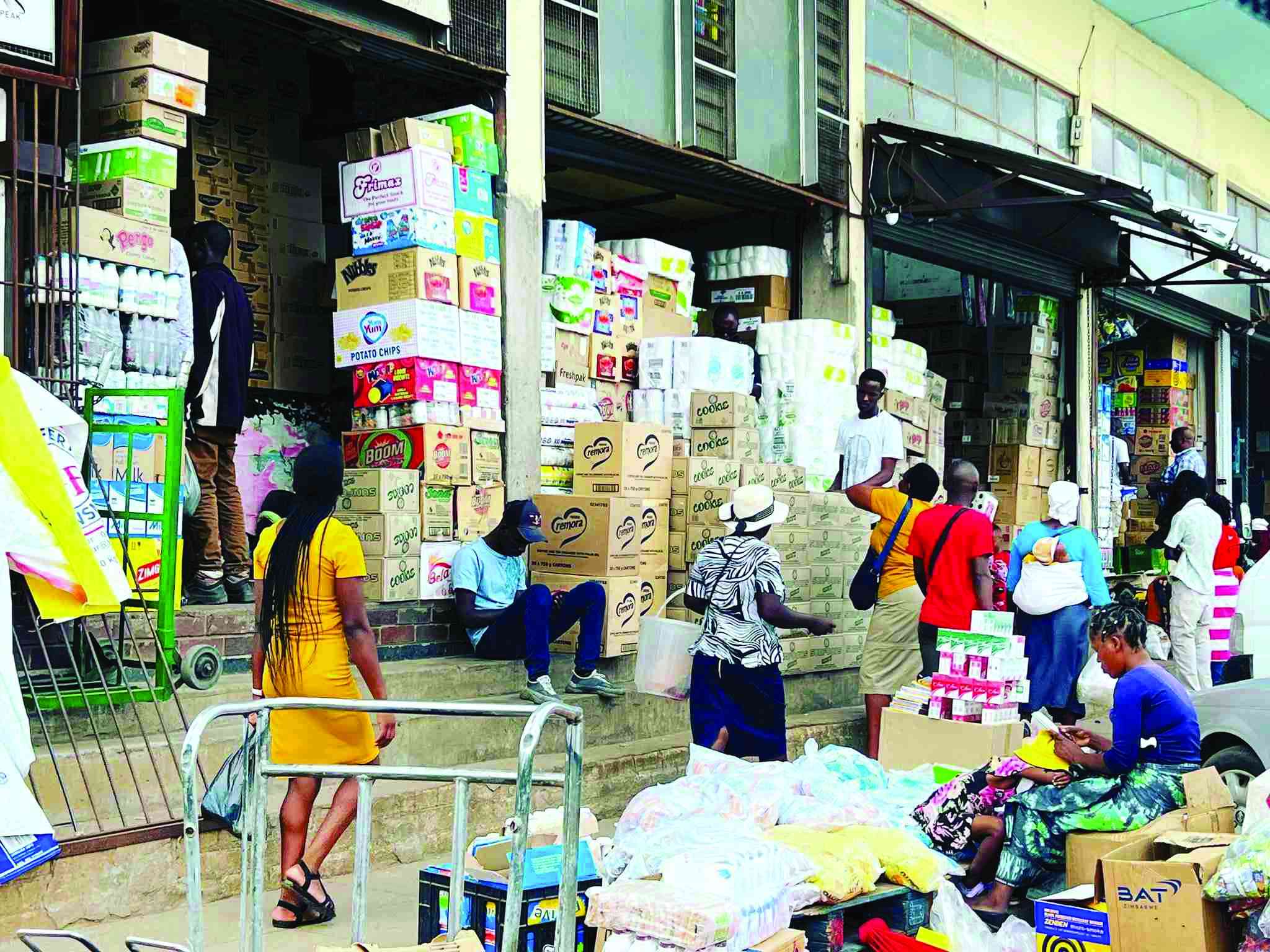
THE Reserve Bank of Zimbabwe (RBZ) yesterday lowered the foreign currency retention level for exporters by five percentage points, citing the need to strengthen critical reserves to anchor the local currency.
In his 2025 Monetary Policy Statement (MPS), RBZ governor John Mushayavanhu reduced the foreign currency retention level from 75% to 70%, with immediate effect.
Exporters had been advocating for 100% retention, stating that high export surrender requirements made it difficult to access foreign currency for critical expenditure and financing operations.
“In order to guarantee continued stability in the interbank foreign exchange market through augmenting the supply of foreign currency, as well as building the critical foreign currency reserves needed to anchor the ZiG (Zimbabwe Gold), the foreign currency retention level for exporters has been reduced from 75% to 70%, with immediate effect,” Mushayavanhu said.
“This implies that the effective surrender portion of export proceeds has been increased from 25% to 30%. This review is consistent with the increased use of ZiG in the economy.
“The additional 5% will ensure that exporters mobilise sufficient ZiG to meet local currency obligations and other expenses, including tax payments, going forward.”
The need for more foreign currency comes as the total holdings of gold and foreign currency reserves have increased by about 90% to around US$550 million (ZiG14,3 billion) as of end of January, up from US$285 million in April 2024.
According to the RBZ, this provides more than three times cover for reserve money of ZiG3,5 billion.
- Awards target married couples
- Awards target married couples
- Zimbabwe needs to rethink economic policies
- Zimbabwe needs to rethink economic policies
Keep Reading
Comparatively, the central bank has estimated that there is about US$2,5 billion circulating in the informal sector, indicating that the money in formal circulation is insufficient.
Mushayavanhu stated that, to ensure the preservation of value, exporters, with no immediate use for the ZiG equivalent of the additional 5% of the export surrender proceeds, would have the option to invest the funds in a US Dollar Denominated Deposit Facility.
However, the facility will be kept and controlled by the apex bank.
“They can withdraw in ZiG on demand, at the prevailing interbank exchange rate on the settlement date,” Mushayavanhu added.
He also announced that, to engender greater flexibility and deepen the foreign exchange market, while enhancing its efficiency and the price discovery mechanism, the RBZ would further refine and clarify the Interbank Foreign Exchange Trading Guidelines.
“The 5% trading margin, as communicated in the previous Interbank Foreign Exchange Trading Guidelines issued at the inception of the willing-buyer, willing-seller foreign exchange trading arrangements on May 3, 2024, was only applicable for the determination of the starting exchange rate following the introduction of the new currency, ZiG.
“Accordingly, authorised dealers are expected to on-sell foreign exchange purchased from willing sellers, including the Reserve Bank, at a margin consistent with international best practices,” Mushayavanhu said.
The governor also announced the removal of limits on how much can be accessed from the Interbank Foreign Exchange.
“The limits on funds that can be accessed from the Foreign Exchange Interbank Market, which had been set at US$500 000 and US$100 000 for primary and secondary users of foreign exchange, respectively, per week, per entity, as stated in Section 3.1 of Exchange Control Circular 4 of 2022, have been removed with immediate effect,” Mushayavanhu said.
“The Reserve Bank will issue streamlined Foreign Exchange Interbank Market Guidelines to operationalise the refinements on the exchange rate management system and removal of foreign exchange trading limits.”
However, exporters have complained that the interbank market’s foreign currency supply is dwindling, forcing them to rely on the informal foreign currency market. More manufacturers are increasingly doing business with informal traders, prompting Mushayavanhu to introduce a new policy to collect money from this sector.
“To promote the use of normal banking channels for all domestic trading transactions, the Reserve Bank further advises all local authorities and other licensing entities to ensure that all applicants for trading licences (individuals or corporates) have a bank account and a functional POS machine at the point of licensing and/or renewal,” he said.
Experts have warned that with exporters unable to access foreign currency, production will drop, and companies will be unable to meet their capital requirements.
Rate: US$1:ZiG26,40











